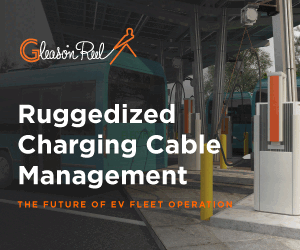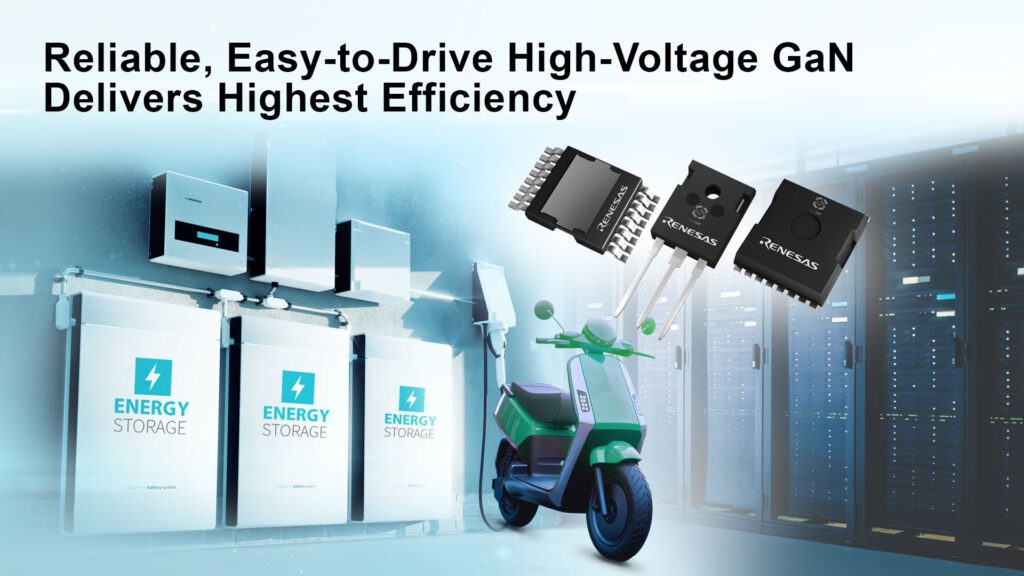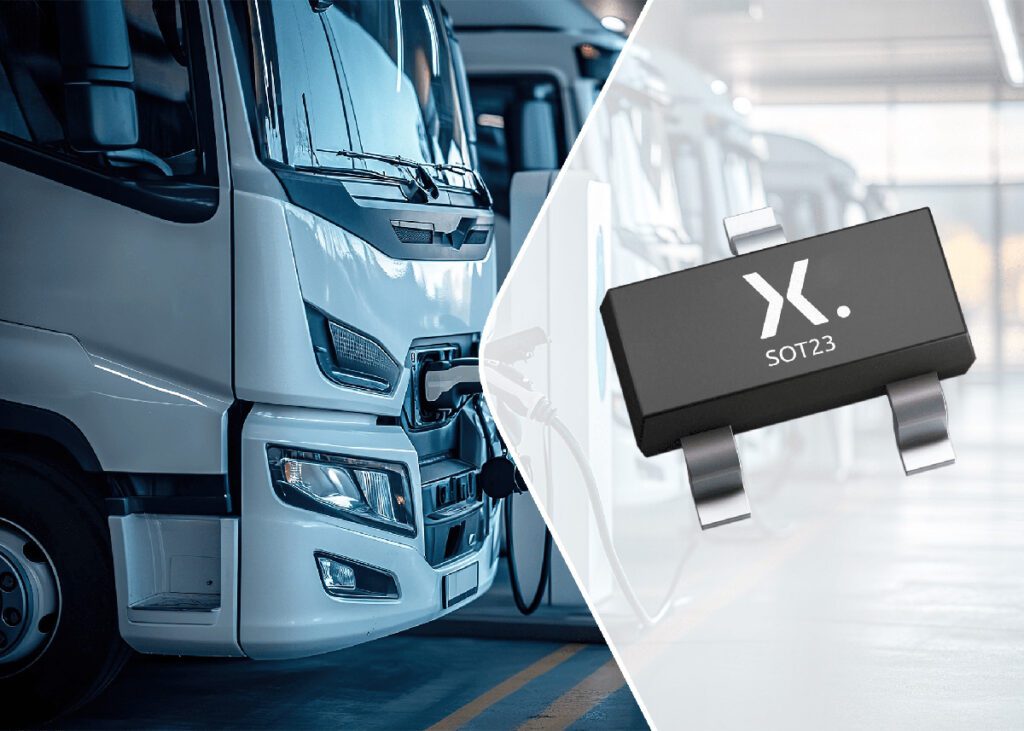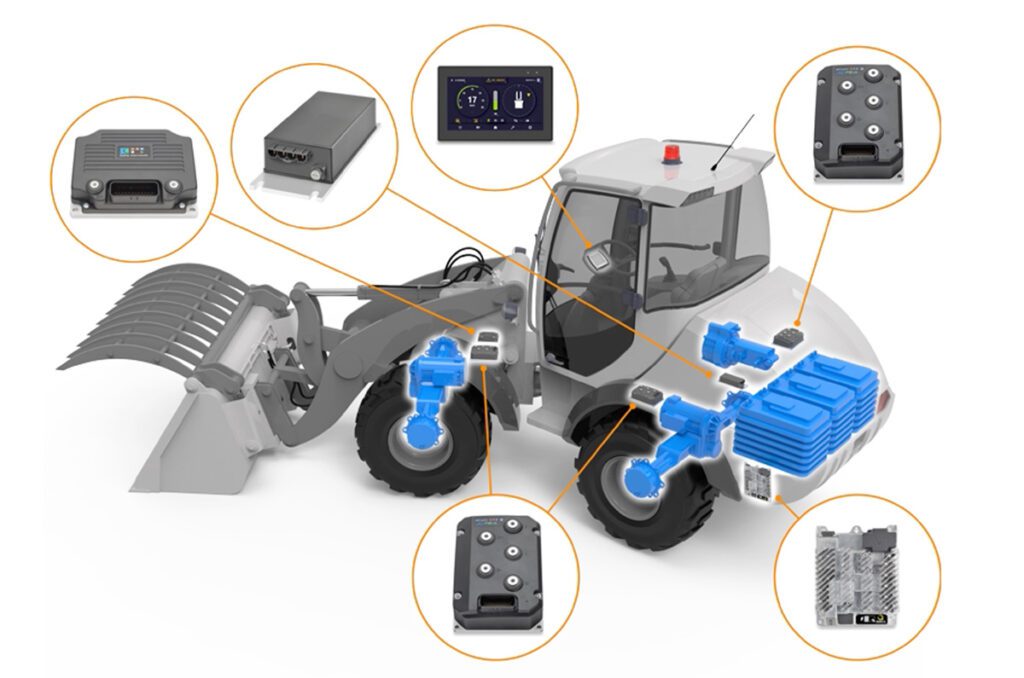Most automakers may have rejected hydrogen as an energy storage medium for passenger vehicles (Toyota is the notable exception), but the technology may yet find applications for industrial processes, and in other forms of transportation such as aviation and shipping. Some envision the lightest element as a medium to store energy from intermittent renewable sources, and others see it as a way for fossil fuel producers to find a market for natural gas reserves that otherwise risk becoming stranded assets.
Be that as it may, governments in Europe and Japan have big plans to subsidize hydrogen technology. Now Canada, a major oil producer, has launched the Hydrogen Strategy for Canada, an ambitious framework that seeks to position Canada as a global hydrogen leader.
The Strategy is supported by a federal investment of $1.5 billion aimed at increasing the production and use of “low-carbon fuels,” including hydrogen. According to the government’s official announcement, “low-carbon and zero-emission hydrogen has the potential to reduce our annual greenhouse gas emissions by up to 45 million metric tons a year in 2030, and could create up to 350,000 new jobs in Canada by 2050.”
The Strategy is designed to spur investment and partnerships to establish Canada as a global supplier of hydrogen, and to increase domestic production. The country’s Clean Fuel Standard, which incentivizes the development and adoption of “clean fuels,” is expected to complement the Hydrogen Strategy.
The Strategy is the result of three years of research and analysis, with input from 1,500 experts and stakeholders from industry, government and academia.
“Canada is well positioned to be among the global leaders in hydrogen production, which will help to create thousands of jobs, grow our economy, cut pollution and put Canada on a path to exceeding our 2030 Paris Agreement target,” said Jonathan Wilkinson, Canada’s Minister of Environment and Climate Change.
Source: Government of Canada



















































































